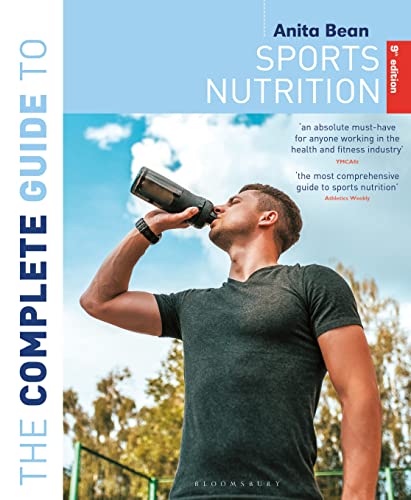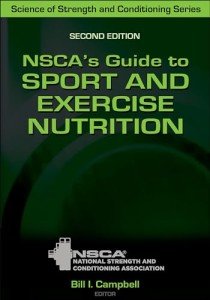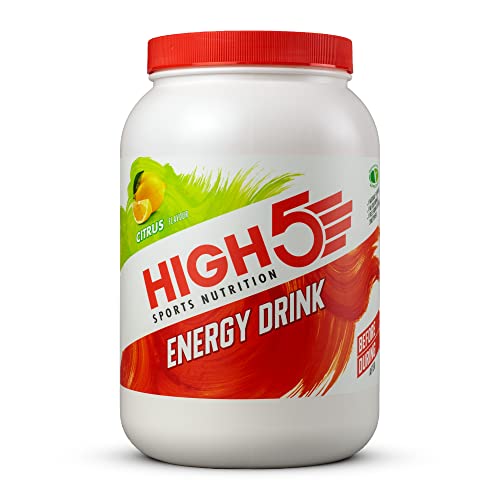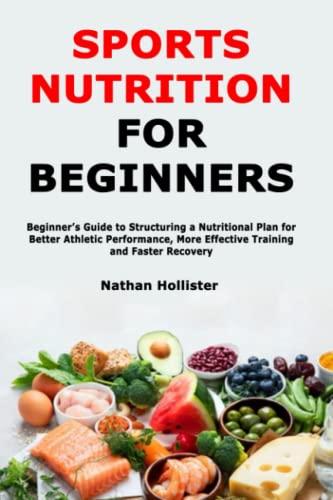The Ultimate Sports Nutrition Guide
Nutrition plays a crucial role in an athlete's performance. Whether you're a professional athlete or simply enjoy sports as a hobby, maximizing your performance requires paying close attention to your diet. The right nutritional strategies can help improve endurance, strength, and overall athletic ability. Let's explore some key dietary tips and strategies to fuel your body and enhance your performance on the field or in the gym.

Sports Nutrition Guide (9th Edition)
The ultimate resource for optimizing your athletic performance and reaching your fitness goals through science-based nutrition strategies – now in its 9th edition
Product information
$17.46
Product Review Score
4.43 out of 5 stars
102 reviewsProduct links
1. Carbohydrates: The Foundation of Athletic Performance
Carbohydrates are the primary source of energy for athletes. Complex carbohydrates like whole grains, fruits, and vegetables should form the foundation of your diet, providing you with sustainable energy throughout your training sessions and competitions. It's important to focus on consuming a balanced mix of carbohydrates to meet your energy needs without causing spikes in blood sugar levels. Incorporate complex carbs into pre-workout meals and snacks to boost your performance, and opt for simpler carbs during and after intense exercise for quick replenishment.
2. Protein: Building Blocks for Muscle Recovery and Growth
Protein is crucial for muscle recovery and growth, making it an essential part of an athlete's diet. Including protein-rich foods like lean meats, fish, dairy, eggs, legumes, and plant-based proteins in your meals helps repair muscle tissues and aids in building lean muscle mass. Consuming protein within 30 minutes after intense exercise is particularly important, as it supports muscle recovery and prevents muscle breakdown. Aim for a combination of animal and plant-based sources to meet your protein needs effectively.
3. Hydration: The Key to Performance and Recovery
Proper hydration is imperative for optimum athletic performance. Dehydration can lead to decreased endurance, muscle cramps, and fatigue. Athletes should aim to drink enough fluids before, during, and after exercise. Alongside water, consider incorporating sports drinks or electrolyte replenishment beverages, especially during intense or prolonged physical activities, to replenish lost minerals and electrolytes. Monitor your hydration status by checking the color of your urine; a pale yellow color indicates proper hydration.
Remember that each athlete is unique, and it's crucial to listen to your body's specific needs when it comes to sports nutrition. Consult with a registered dietitian or sports nutritionist to develop an individualized plan based on your training goals, body composition, and specific dietary requirements. By fueling your body with the right nutrients and adopting smart nutritional strategies, you can optimize your performance and unleash your full athletic potential.
The Winning Formula: Balancing Macros for Peak Athletic Performance
So Achieving peak athletic performance requires more than just rigorous training and discipline. It also heavily relies on maintaining a well-balanced nutrition plan that provides the necessary fuel for the body to excel. In the world of sports nutrition, one key aspect that athletes must focus on is striking the proper balance of macronutrients, also known as macros.
Macronutrients consist of three main components: carbohydrates, proteins, and fats. Each of these macros plays a crucial role in supporting an athlete's performance and recovery. Carbohydrates are the primary source of energy, providing fuel for the muscles during intense physical activity. Proteins, on the other hand, are essential for muscle repair and growth, aiding in the recovery process after training sessions. Lastly, fats are necessary for hormone production and overall cellular health.
The ideal macro distribution for athletes can vary depending on their specific sport, body composition, and individual goals. However, a commonly recommended ratio is to allocate about 40–60% of daily calories to carbohydrates, 20–30% to proteins, and 20–30% to fats. Balancing these macros allows athletes to optimize their energy levels, support muscle development, and maintain overall health.
It is important for athletes to choose high-quality, nutrient-dense sources of each macro. Complex carbohydrates like whole grains, fruits, and vegetables supply the body with sustained energy and essential vitamins and minerals. Lean proteins such as poultry, fish, eggs, and legumes aid in muscle repair and growth. Healthy fats found in sources like avocados, nuts, and olive oil contribute to heart health and assist in nutrient absorption.
Lets Look At The Nutrition Secrets of Elite Athletes:
When it comes to excelling in sports, remenmber nutrition plays a vital role in ensuring that athletes perform at their peak. Elite athletes understand that the right fuel can make a significant difference in their performance and recovery.
Check out the available sports nutrition guides and products instore











